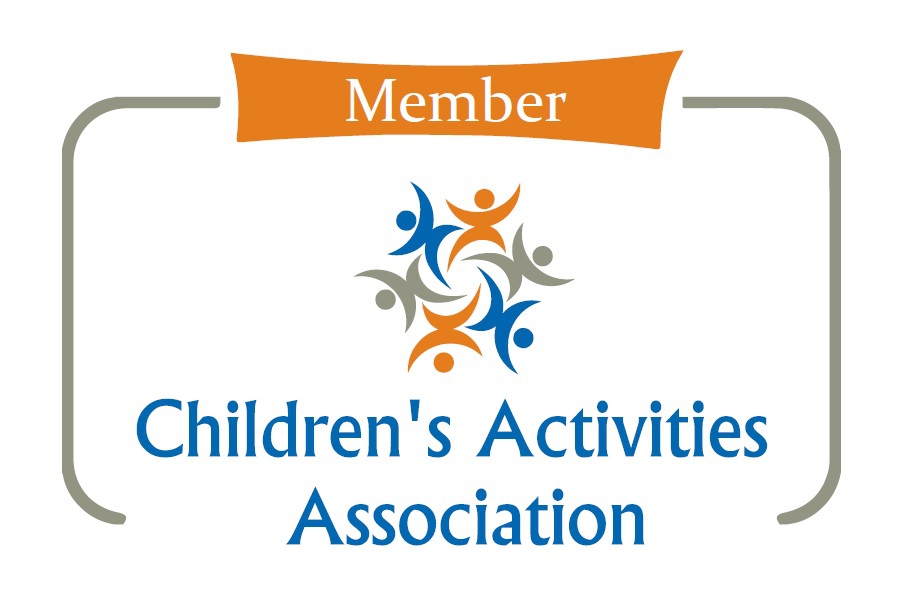As a first aid company, we spend a lot of time looking after people’s physical health. But what about our mental health – both our children’s and ours? A common stressor in families with young children are tantrums. Whether you’re going through a tantrum phase now, or just want to prepare for the toddler years, this blog is for you.
At what age do children tantrum and why do they tantrum?
Temper tantrums often start around 18 months and can continue until your child is around 4 years of age – I always grit my teeth when I read this advice as I was one of the “lucky” parents whose daughter carried on until around 5! This ties in with our little people wanting to express themselves, but not knowing how, especially when they can’t talk. This lack of expression leads to frustration, and this can come out as a tantrum. Once they are older and have a reasonable range of vocabulary, this frustration decreases and the tantrums become less frequent – phew!
What might a temper tantrum look like?
Tantrums are loud, screamy, chaotic and can be really distressing for both parents and children! If you’re experiencing several a day you might very well feel like getting down on the floor and kicking and screaming just like your child! I know from personal experience they are mentally and physically exhausting. Be reassured that you are not alone – thousands of parents all across the UK will be experiencing exactly the same thing at the same time as you.
Tantrums can be as simple as a shout and a foot stomp, but they can also involve fighting, biting and lashing out with both legs and arms, at both themselves and others. If your child is out of nappies, tantrums can also result in your child wetting themselves.
If your child hits or bites, do not worry that they will grow up to be aggressive – it’s often curiosity and they probably don’t understand that it hurts others. But there are things you can do to teach them that this behaviour isn’t acceptable:
Talk to your child
Explain that hitting and biting isn’t acceptable and that you don’t want them to do that. They are probably lashing out because they are worried about something so try to find out what is going on in their minds. Get down to their level and ask simple questions – “why did you hurt mummy?”, “what made you hit Jack?”. You could also say things like “I know you’re feeling cross about . . . “ or “I understand Jack made you sad . . “ to show a recognition about what they are going through. This will also help them name these feelings in the future.
Don’t get physical back
If you hit, bite or kick back, your little one will think this is ok. Make it clear their behaviour hurts others but without physically demonstrating this. They need to know you are not ok with this behaviour.
Make it clear you love THEM, but not their behaviour
Sometimes, children tantrum because they are looking for extra attention. Show them that you love them by praising good behaviour, talking in a soft calm voice and giving lots of extra cuddles when they are not behaving badly.

What should I do whilst my child is having a temper tantrum?
· Easier said than done but try and stay as calm as possible. Your child will be looking to you to help them deal with their own behaviour, so let them know that everything will be OK. If you need to take a moment, make sure they are safe or with another adult and step away to take a few deep breaths!
· If they aren’t too distraught, attempt distraction with a toy or game. Or point to something exciting out the window or in the room – sound as surprised / interested as you can.
· If you are holding firm and saying “no” and that is what has caused the tantrum, don’t let people around you influence what you do. My daughter saved her worst tantrums for public spaces (hurling biscuits down an aisle at Marks and Spencer’s because I said she couldn’t have them!), and the looks and comments I got from bystanders were often very hurtful, especially when I knew I was doing the right thing. Giving in mid-tantrum can reinforce in a child’s mind that the tantrum is getting them what they want. They then might repeat this behaviour next time you say “no”. It is highly, highly embarrassing to stand firm mid-tantrum, but you will most likely never have to see those people ever again!
· If your child isn’t struggling too much, try and hold them until the tantrum passes – this works better for an upset rather than angry tantrum. Talk gently and calmly whilst stroking their back to reassure them.
· If they become aggressive, make sure they are safe from harm (perhaps move anything that could cause injury or break out of their way) and then step away, but stay in the same room with your body turned away to show you are not responding to the bad behaviour. You will then be ready to provide comfort when they ask, or when the rage has ceased.
· If they are hitting themselves you may have to physically restrain your child, but we would recommend talking to your doctor or health visitor if extreme tantrums occur regularly – I had to do this when my daughter resorted to head-butting walls if I tried to ignore the tantrum. I was terrified of the reaction I was going to get, but hugely relieved by the kind, compassionate support I received.
How can I stop temper tantrums building up in the first place?
There are a few things you can do here:
· Learn what triggers tantrums and try and avoid these situations. For example if they always happen when you’re out shopping, try and reduce the length of time spent shopping, or if possible, use online options or shop at a time when your child is being looked after by someone else.
· Try and notice the frustration and anger setting in, and utilise some practised calm down routines like singing a favourite song together or taking deep breaths together. With an older child, perhaps pick a “frustration signal” like sticking their tongue out to easily show you they are feeling overwhelmed and on the verge of a tantrum. Then you can take measures to avoid it – eg leaving a busy toddler group for some chill out time outside.
· Pack lots of snacks!! Just like us, kids can get “hangry” and a well-timed snack can save the day!
· Children can be argumentative when they feel they never get their own way. So try and compromise on smaller inconsequential things (does it really matter if that red t-shirt clashes horribly with the yellow tights?!) so that you can put your foot down and say “no” about the bigger things (no, granny definitely does not want us to buy her the neon pink see-through cardigan for her birthday).
Sometimes you’ll do all of the above and your child will still tantrum – please don’t be too hard on yourself. If you are going through a tantrumming phase right now, I can say from experience they come in peaks and troughs. If anyone can take comfort from this, my daughter has been an absolute delight since she outgrew her tantrums – it’s as if all the anger was vented during those early years! And I can now (almost) laugh with friends about the “enchanting” Christmas lights trail where my daughter managed to go through mine and everyone else’s stash of spare toddler clothes, whilst tantrumming in the mud!
All the best from Mini First Aid’s Charlotte xx
Sources: Action for Children, NHS UK
Prepare for rainy walks with the Tick Twister

Are you at the point of accepting this summer might not get any better? Are you donning your brightest smile and your "I don't care about the rain" attititude as you soldier on through the drizzle?! Good for you - but also great for ticks. Ticks thrive in warm, damp conditions and the chances of the little blighters upsetting our "summer" days out are higher than ever. Be prepared to remove an unwanted guest with the Tick Twister, a handy device that quickly, painlessly and hygienically removes ticks, preventing Lyme disease infection.







